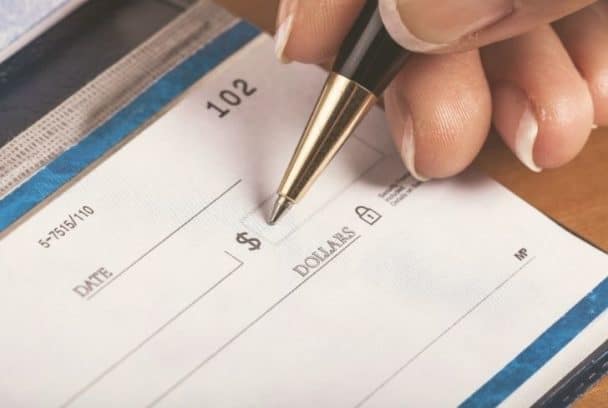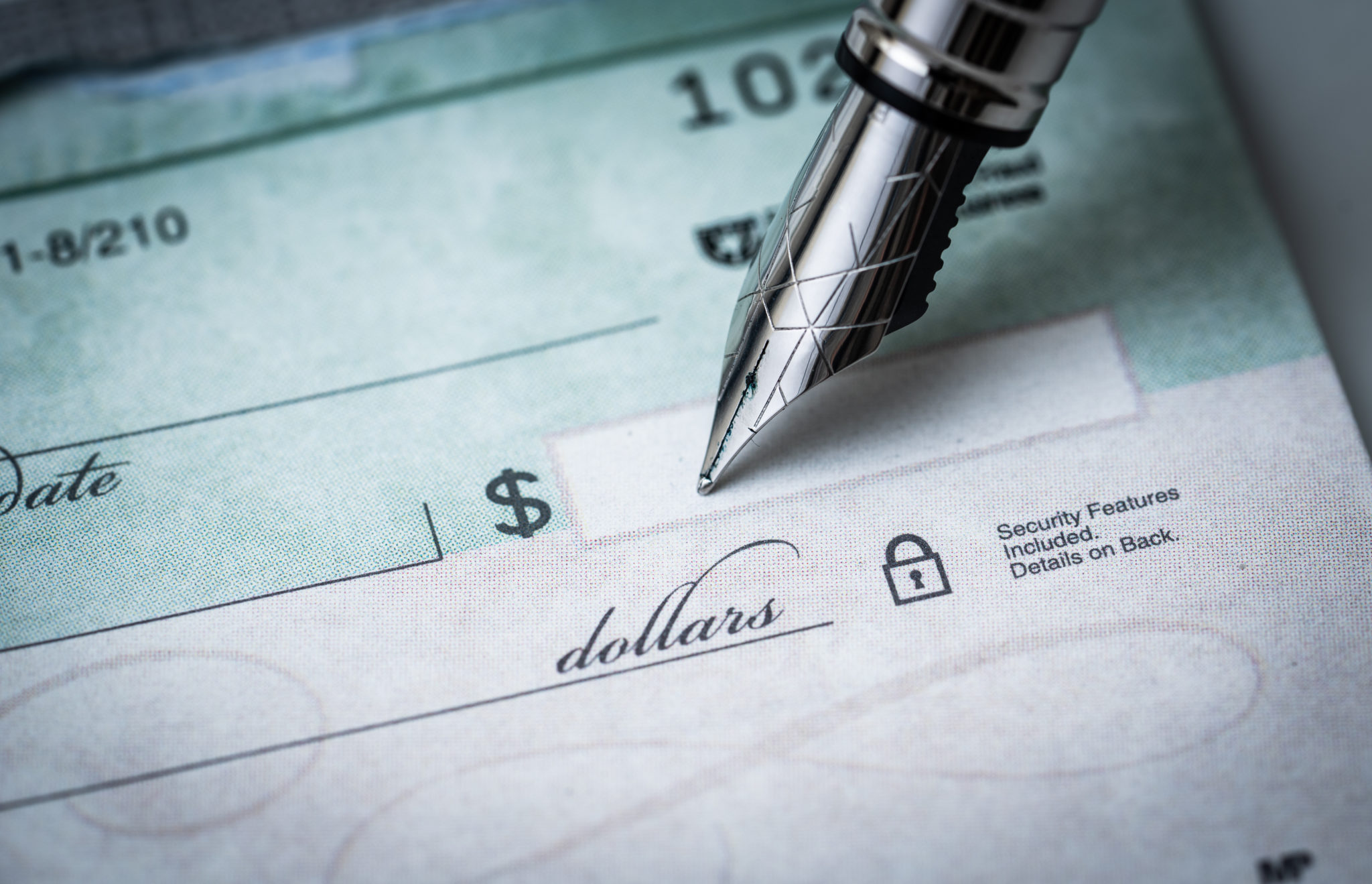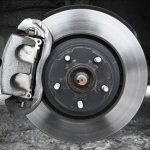Are you concerned about safety issues and crime prevention? Do you have old checkbooks in the house that you don’t use anymore? If so, it’s important to identify what information they contain.
If the information contains-sensitive personal information, including account numbers, you should destroy them.
Don’t let those old checkbook s and checks pile up in your house, because it could be a huge security risk.
It is important to understand that the chances of someone breaking into your home and stealing those checks are remote, and it’s even less likely someone will go after your bank account.
However, if that did happen, it would allow the thief to empty your bank account, and that’s not something you want.
It’s also important to destroy those checks because it will help prevent identity theft, which is a real problem these days. Keeping those checks around is like stealing someone else’s identity.
Why is the Disposing of Checkbooks Important?
Contents

Personal information such as your name, address, and Social Security number may be useful to thieves.
Checks that have been canceled are also subject to the same laws and regulations as checks that have not yet been canceled.
Someone may use this information to not only obtain loans and credit cards in your name, but they may commit other crimes as well.
Anyone with access to a huge quantity personal financial details may misuse them for personal gain.
If a fraudster obtains this information, they may be able to investigate your personal life, your finances, and your identity.
A scam artist may acquire a phony ID and employment documents in your name using an old checkbook.
These individuals may use your information for all sorts of criminal schemes.
Because of the seriousness of this issue, it is of the utmost importance that checks be destroyed properly.
When checks are destroyed, the check number, account name, bank name, and the amount of the check should be obliterated on the check.
How to dispose of old checkbooks
When destroying old papers, such as checks and checkbooks, make sure to shred them before discarding them.
For household trash, you may wish to use a shredder.
Typically shredders cost around $30, are large and heavy, and will require a dedicated space in your home.
Alternatively, you may use a paper shredder such as a MicroCut Shredder, which shreds up to 10 sheets of paper at a time.
It is rather simple for someone with malicious intent to shred the checkbooks and destroy any remaining sensitive information.
Some shredders may also destroy receipts, credit card numbers, and personal information.
Even if you break them apart, recycling the shredded paper will still make your disposal efforts much greener.
Shred the checkbooks after adding identifying information, such as your name, address, and account number.
Instead of taking a checkbook to a public shredder, shred it using an industrialized system like cross-cut paper shredders.
Creative Uses for the Paper Pulp
You may use the paper pulp to manufacture a variety of other things as well.
For example, you can use it for animal bedding, to make paper bags, to make paper plates, and to make paper cups. You can make paper pulp from old paper, magazines, newspapers, junk mail, paper towels, tissue boxes, and more.
If you go this approach, begin adding as much paper as you can and add more as you can save it.
To speed up the process, stir as soon as you add hot water. You can mix in shredded paper to absorb the moisture in the pulp.
You may use the pulp in your paper-making screens or use it as mulch for your garden. The pulp is a waste product of the papermaking process and can be recycled for use in the composting process. The pulp can also be used to make paper.
Burning Old Checkbooks
Burning old checks is another popular way to dispose of them. Checkbooks contain sensitive information that may not be safe in home incinerators.
This procedure also eliminates the chances of any accusations or lawsuits from third parties.
You should burn old checkbooks to prevent them from becoming a health hazard.
You may safely burn new or used checkbooks in your fireplace to keep them out of the hands of thieves.
It’s not a good idea to leave checkbooks burning in the living room.
Burn one checkbook at a time.
If you mix full boxes with many others, you increase the fire risk.
To prevent flare-ups, you may open a window and introduce fresh air into the room.
This procedure is simple, safe, effective, and will allow you to get rid of your checkbooks once and for all.
Shredding Checkbooks at Home
Shredders may be purchased at local office supply stores or they may be ordered online if you can’t find them locally.
Some shredders turn your important documents into tiny little pieces, too.
These are generally used by small businesses.
They are effective, however it is not safe to shred sensitive documents.
For household shredding, a 3.5- or 4-gallon trash can makes an excellent shredding receptacle.
It shreds whatever you’re shredding, either paper or cardboard.
This makes recovering any specific information nearly impossible.
If you are the only one who has access to the documents being shredded, then a cross-cut shredder is the better option.
Use a Shredding Service
Larger shredders may be found at larger office supply stores or at professional shredding services.
If you have a large box full or old monthly statements, receipts, or credit card statements, you may need to use a shredding service to have them destroyed to keep your personal information safe.
A professional shredding service utilizes an electronic device, such as a shredder, to destroy documents by shredding them into small pieces. The shredder can destroy the documents into very small pieces or even make them unreadable.
Some towns provide residents with their own personal document shredding bins.
These bins are often placed in locations that are convenient for the public and may hold up to 30 pounds of documents. The shredding technique used varies depending on the size of the shredder.
Burn Old Cheque Books
Paper is rendered unsalvageable when exposed to fire for at least 3 seconds. Burning paper can cause it to release toxic chemicals into the air that may be toxic to humans.
Burning a checkbook is a more eco-friendly way of disposing of old checks. It is also a good way to get rid of any sensitive information that might be stored on it.
It’s one of the simplest and safest ways to get rid of your checkbook.
And it’s allowed in many states too. Don’t shred them, since your privacy and the security of your personal data may be at risk.
Instead, shred them and then burn them.
Soaking in Liquid
In a baking dish, sprinkle white vinegar over the soaked checkbooks.
Leave them to soak for 3 hours. Then, drain them and rinse with a sponge.
Let them dry in a dry place for 4 to 6 days. The pulp will turn into blotting paper, which is great for absorbing moisture.
Allow this to rest for a length of time and scrape off the pulp, which can be recycled or used for other purposes.
This method can prevent the checkbooks from turning into hazardous waste.
The paper will be broken into small pieces and can easily be blown away or cleaned up with a broom.
Conclusion
Most individuals just leave their old checkbooks in drawers until they accumulate enough clutter.
They quickly forget about them, leaving account holders with a copy of the old checkbook. This is a serious situation that could result in identity theft.
They may create a lot of difficulty for individuals and businesses.
Old checkbooks that are no longer required for taxes or other reasons should be destroyed.
If you’re unsure about checkbook disposal, ask your bank.
Most banks do not keep track of old checkbooks, so the client is responsible for their own disposal.
Individuals and corporations can benefit by allowing their banks to safely destroy their accounts’ old checkbooks on their behalf.
The procedure is fairly straightforward; just secure the checkbooks in a locked location.
However, it will save you a major headache if you dispose of your checkbook properly.





